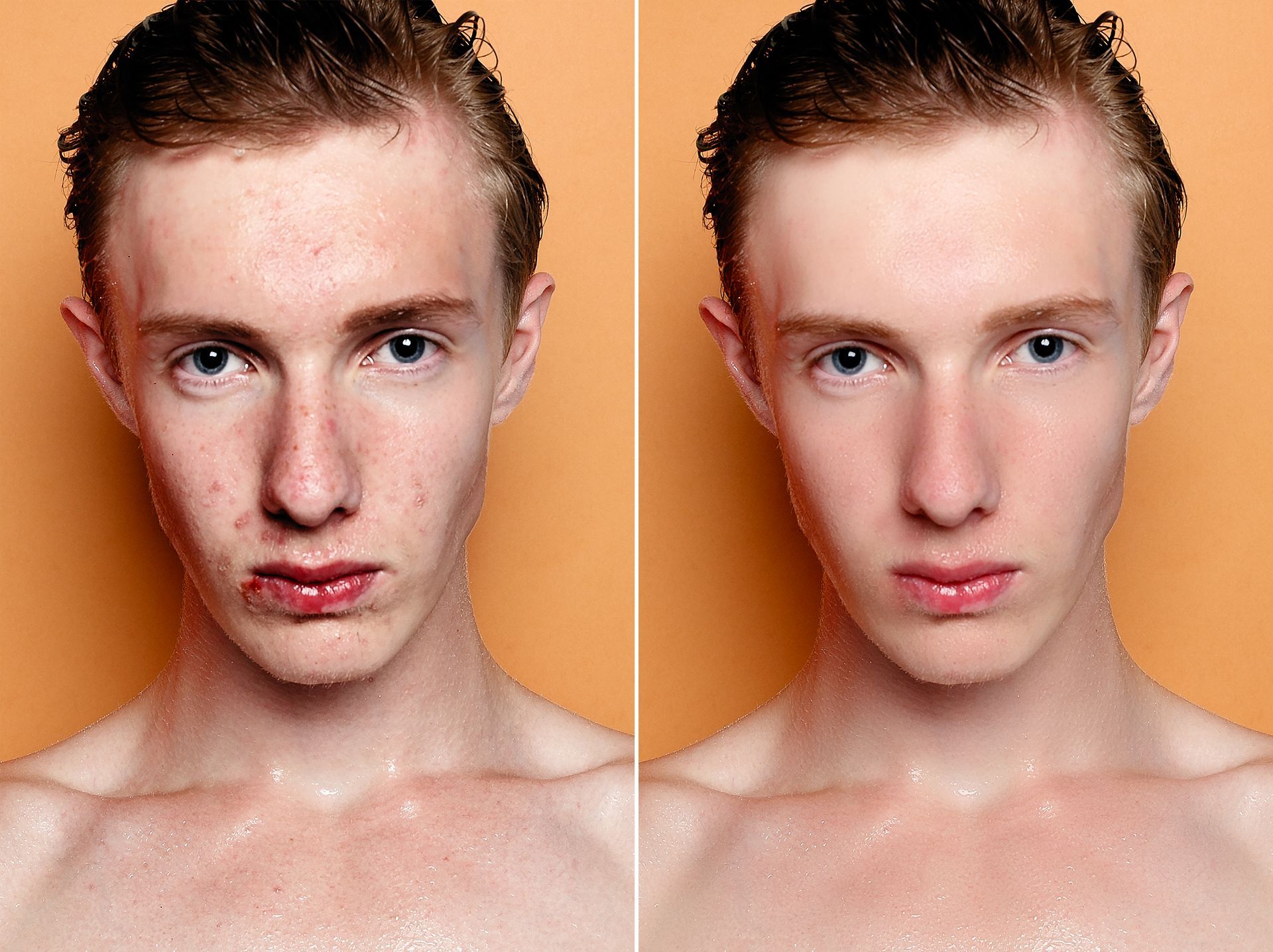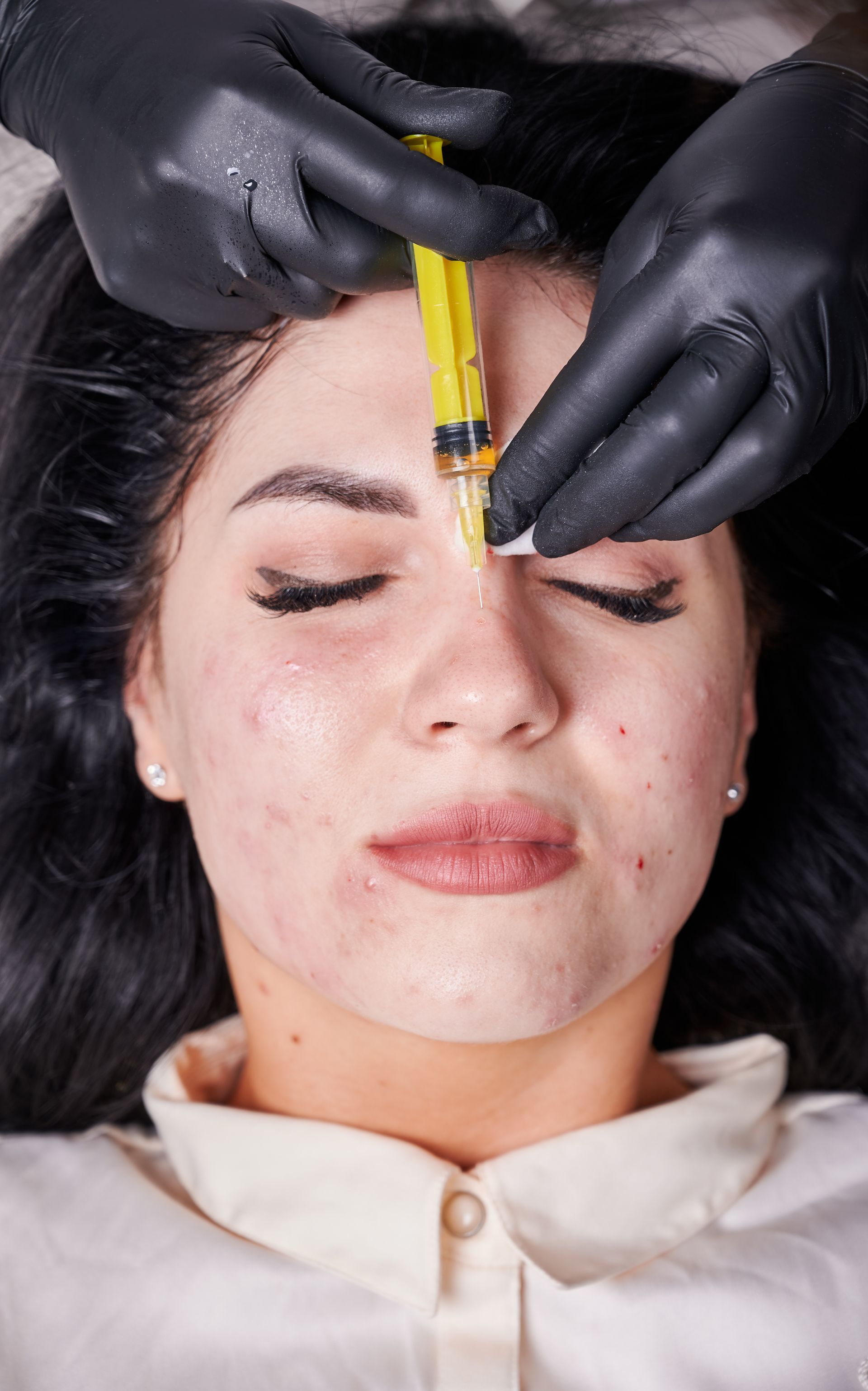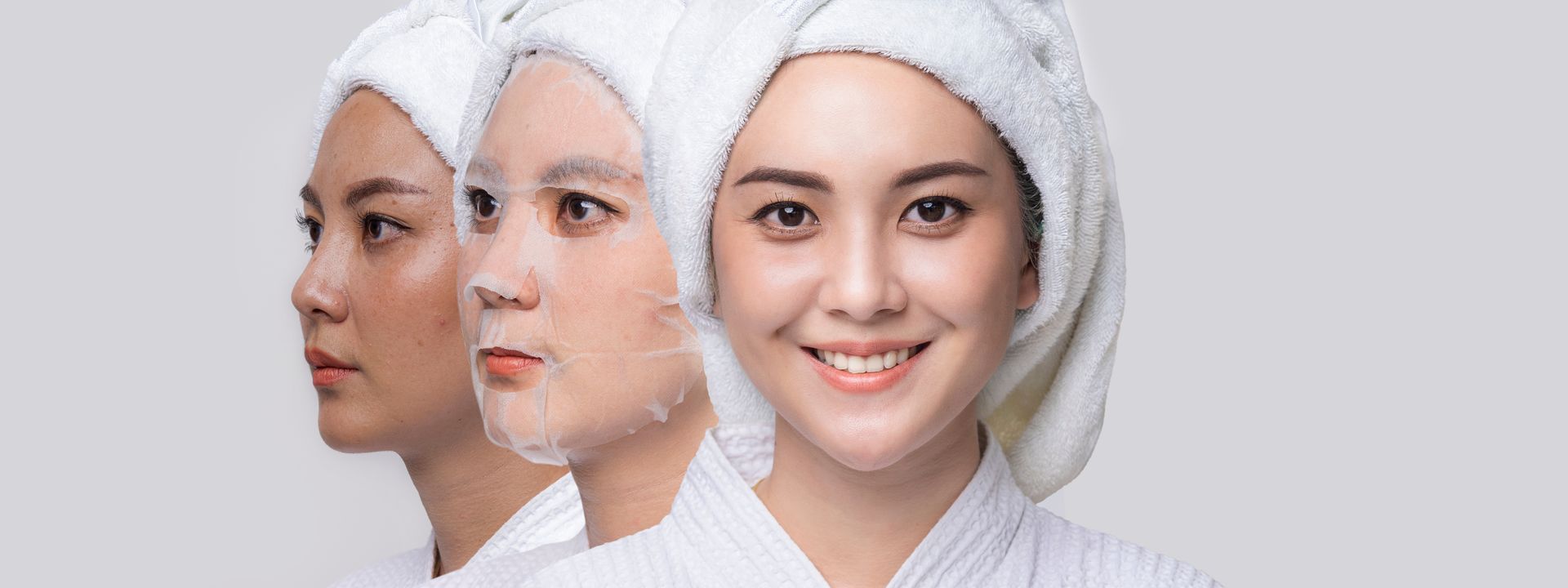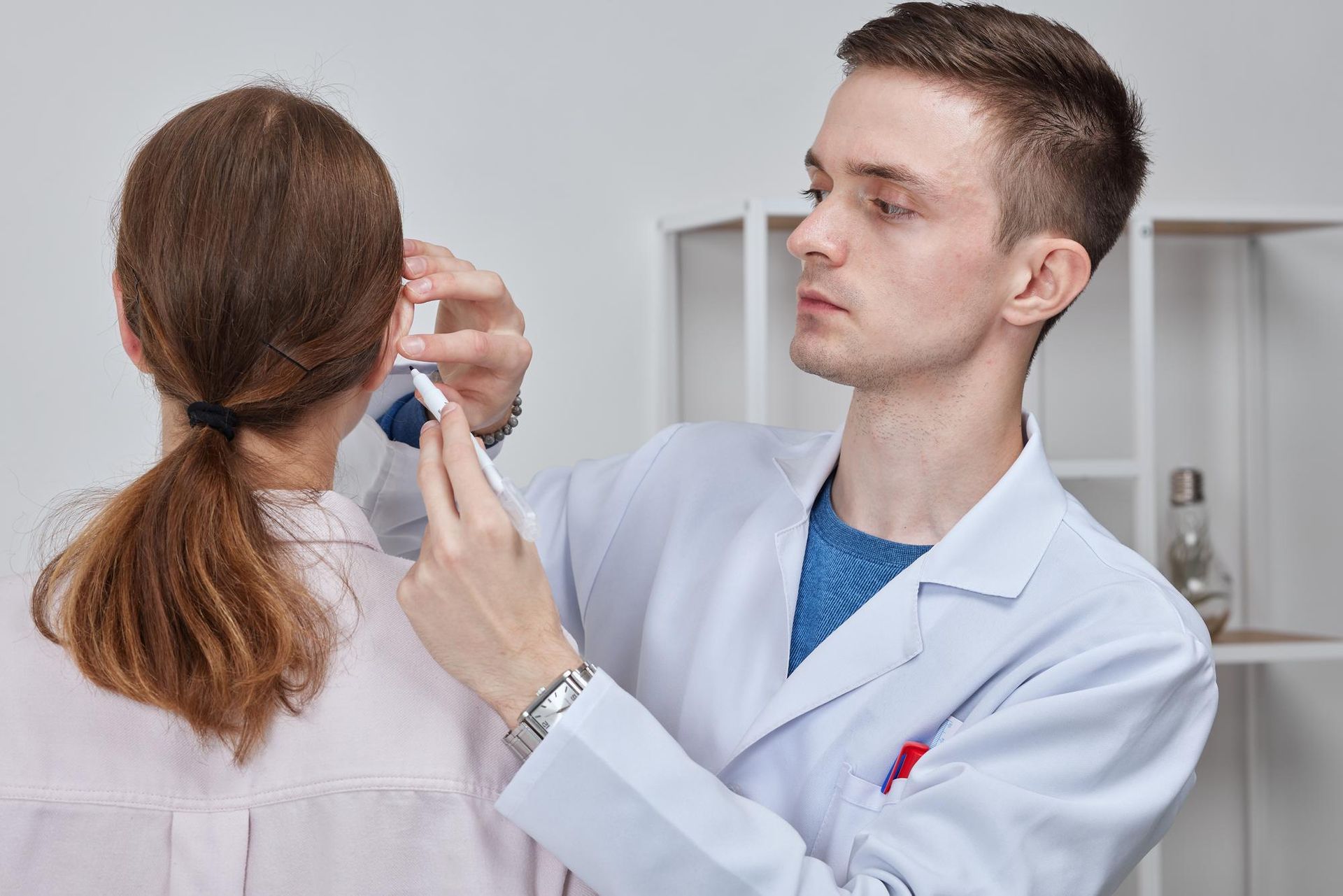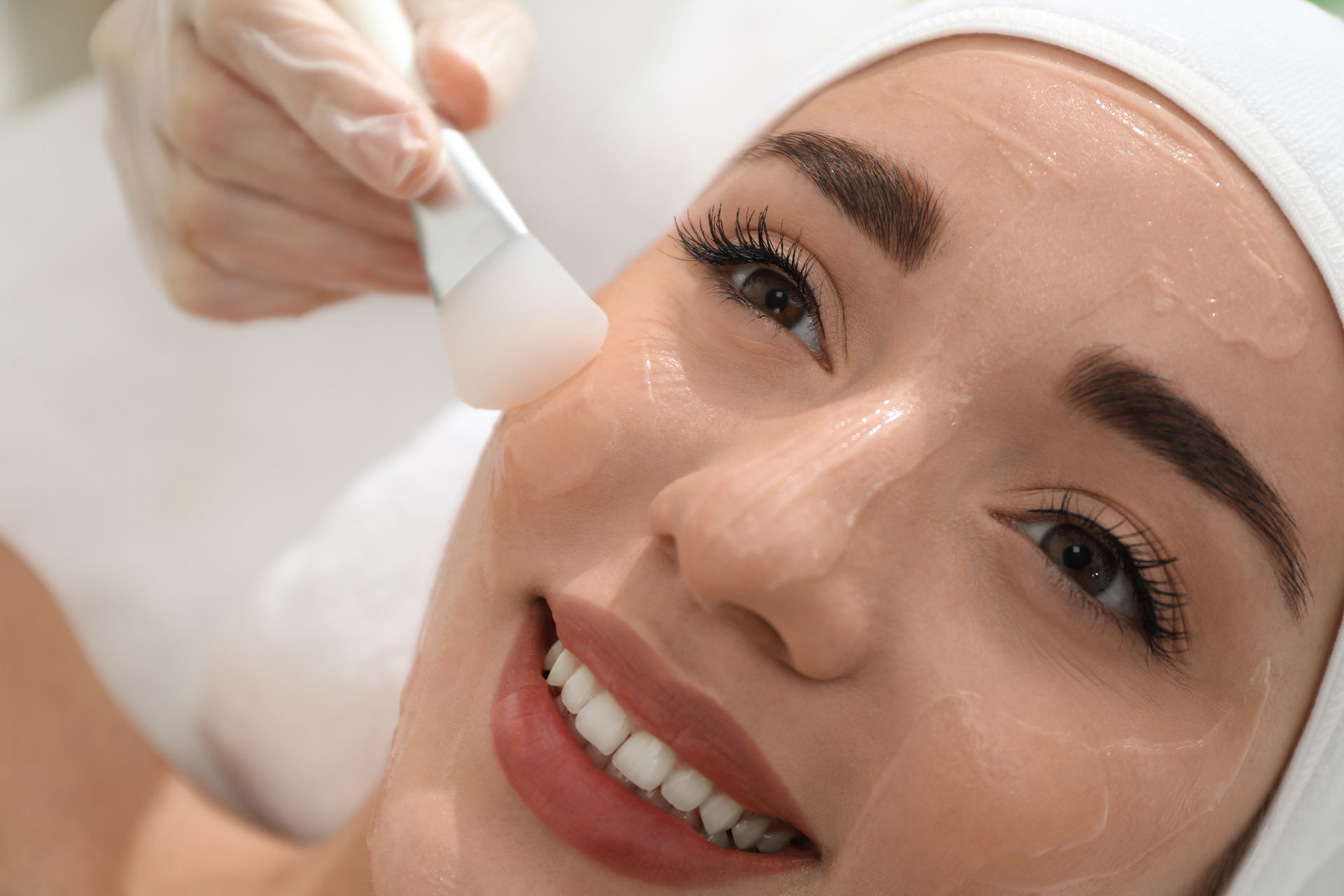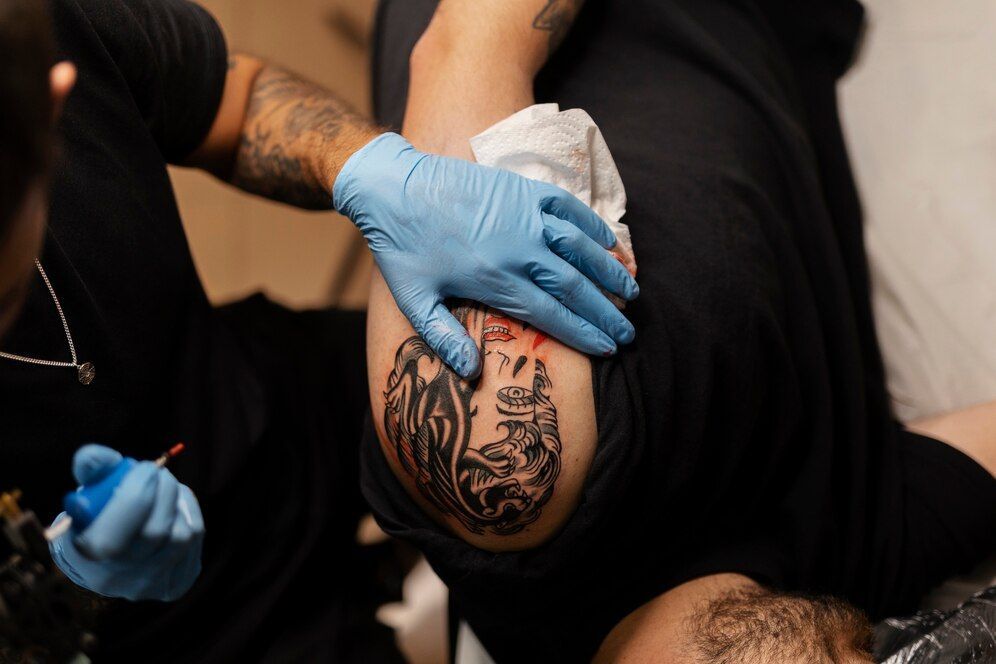High Risk Factors for Developing Basal Cell Carcinoma
Basal cell carcinoma (BCC) is a very common form of skin cancer, and certain factors increase the risk of developing this condition. Primarily, BCC develops in individuals with more exposure to UV radiation from the sun or tanning beds; for this reason, it is far more common in those who spend a significant amount of time outside. Fair-skinned individuals, especially those with lighter eyes and/or naturally light hair, are also considered high risk due to their lower threshold for UV damage over time. Additionally, older adults face an increased chance of developing BCC due to a lifetime of possibly inadequate protection from the sun's rays. To think proactively about your health, it can be beneficial to weigh these risk factors carefully and use protective measures when engaging in outdoor activities.
Basal cell carcinoma (BCC) is one of the most common types of skin cancer. While it is relatively easy to treat, it is important to know the risk factors associated with developing this condition. Knowing these risk factors can help you identify warning signs early, and receive prompt treatment if necessary. For starters, prolonged exposure to ultraviolet (UV) radiation from sources such as the sun and tanning beds significantly increases your risk for BCC. UV radiation weakens your skin’s protective layers, which can lead to abnormal growths that develop into tumours when left unchecked.
The dangers of UV radiation are particularly pronounced in those with fair complexions—people with lighter skin tones have a much higher likelihood of developing basal cell carcinoma than those with darker tones do. People who have previously been diagnosed with BCC are also at an increased risk of developing the condition again due to weakened skin cells caused by damage from previous treatments like radiation or surgery. Additionally, having a weakened immune system due to conditions like HIV/AIDS can increase an individual’s susceptibility to BCC because reduced immunity leaves their skin vulnerable to UV damage and other environmental factors that can accelerate the development of tumours. Genetic causes also play a role in increasing an individual’s chance of developing BCC; people with certain genetic syndromes or family histories may be more likely to develop this form of cancer compared to others without similar backgrounds. In particular, individuals with Gorlin Syndrome—an inherited genetic disorder that leads to mucocutaneous lesions—have a significantly heightened risk of developing BCC over time.
Finally, certain medical treatments can increase your likelihood of developing BCC as well. Procedures such as organ transplantation and chemotherapy that require long-term immunosuppressive drugs weaken the immune system, which makes them more susceptible to UV radiation-induced tumour growths over time. By understanding the various risk factors associated with basal cell carcinoma development, you can take steps to protect yourself against this type of skin cancer. Wear sunscreen liberally and avoid sunbathing whenever possible; opt instead for shady spots when spending time outdoors in order to minimize UV exposure. Be aware of any new growths on your body that may indicate tumour formation and seek medical advice if any potential symptoms become concerning. With proper precautions and vigilance, you can greatly reduce your chances of developing this condition over time!
Basal cell carcinoma is the most common form of skin cancer, and while anyone can develop it, there are certain factors which increase one’s risk. These include light-coloured eyes or hair, fair skin that burns or freckles easily, a history of sunburns or tanning bed use, older age, spending large amounts of time outdoors and in the sun, and a weakened immune system. Understanding these risks may help in making decisions such as applying sunscreen on a regular basis and avoiding tanning beds. It is important to consult with a healthcare provider if any suspicious spots develop on your skin that doesn’t heal on their own for further assessment.
Basal Cell Carcinoma is a serious condition, and understanding its risk factors can help you stay ahead of the disease. Derm.ca offers answers to all your questions and a team of experts to guide you through the process. Reach out today to learn more about high-risk factors for developing Basal Cell Carcinoma!


